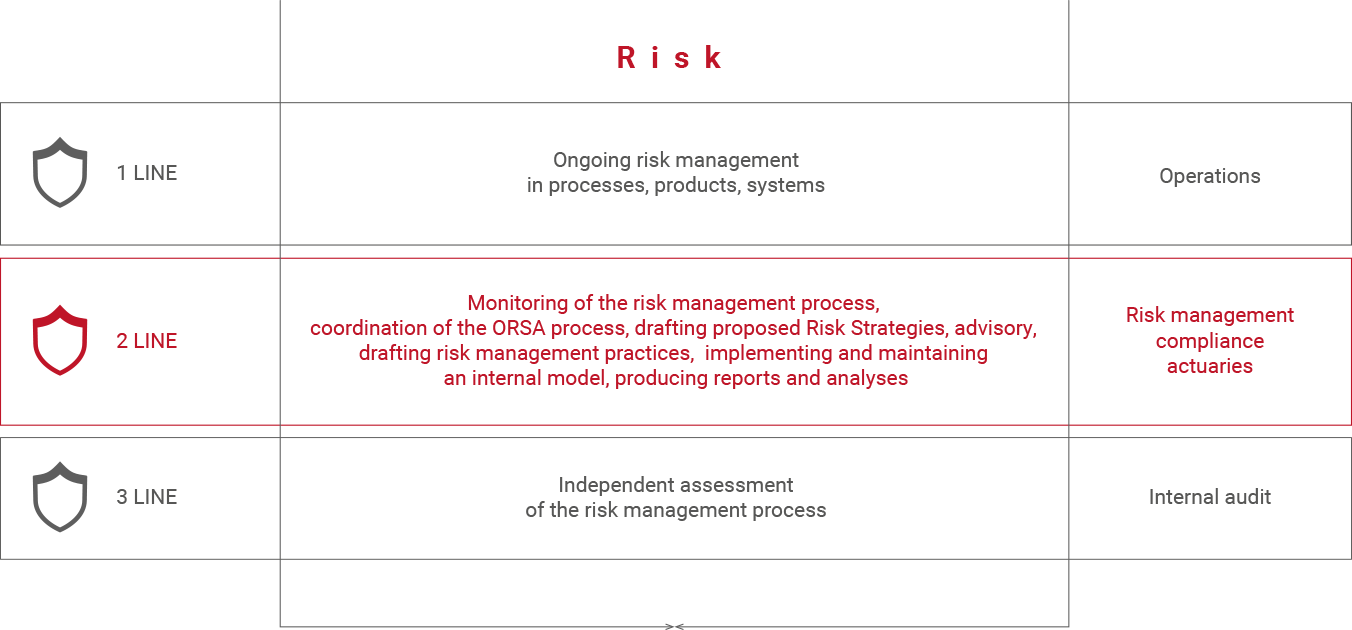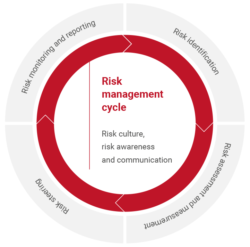30 years of ERGO Hestia
1.1 History and scale of our business
1.2 Form of ownership, legal and management structure
1.3 Our strategy and plans for the future
1.4 Value creation model
1.5 Our stakeholders and topics material to them
1.6 Ethics and anti-fraud
1.7 Risk management including ESG factors
1.8 Outlook
3.1 Get to know with whom and for whom we work
3.2 We focus on partnership and collaboration in business
3.3 We care about the quality of our customer service


 Photo: Grzegorz Janoszek
Photo: Grzegorz Janoszek